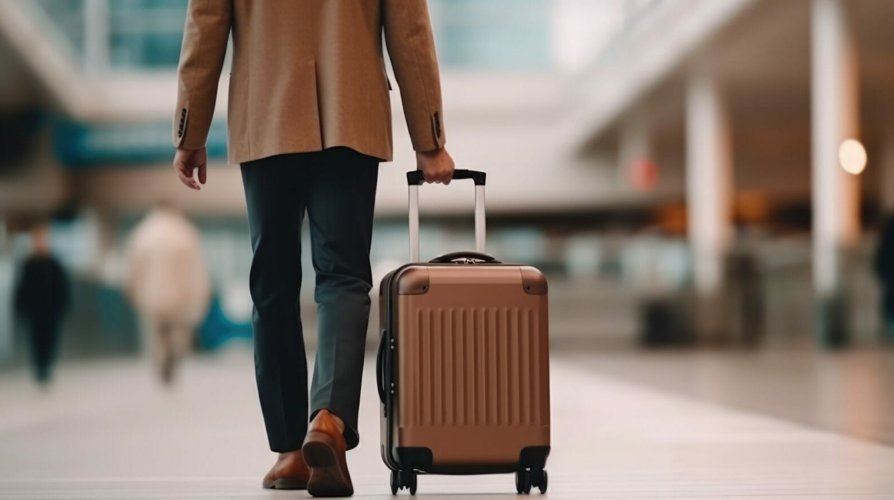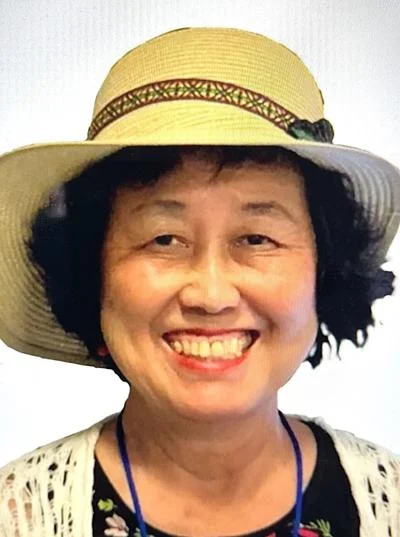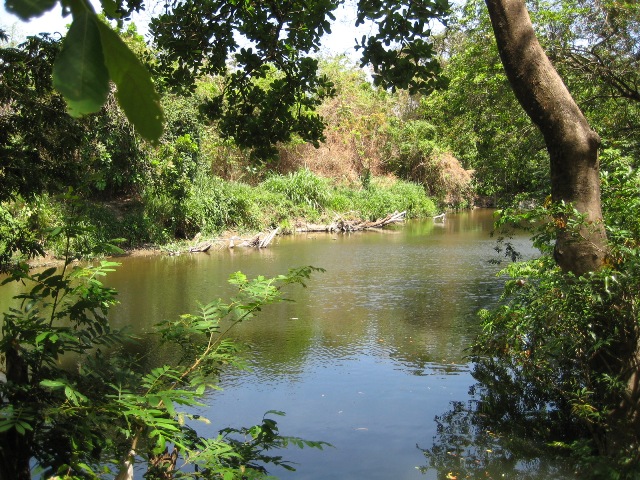The True Leaders of the Americas Continue to Highlight Machado’s Struggle
They also congratulated Venezuelan opposition leader María Corina Machado on winning the 2025 Nobel Peace Prize.
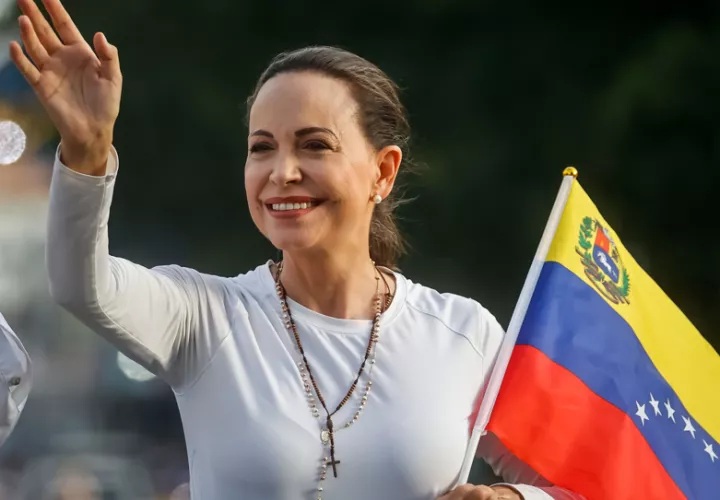
An overwhelming majority of political leaders across the Americas joined together this Friday, regardless of their ideological affiliation, to congratulate Venezuelan opposition leader María Corina Machado on winning the 2025 Nobel Peace Prize. After the Norwegian Nobel Committee selected her “for her tireless work promoting the democratic rights of the Venezuelan people,” several leaders across the continent dedicated a few words to the Venezuelan, who has been in hiding since January 9, when she led a protest in Caracas to defend the claimed victory of opposition leader Edmundo González, pictured below, over Nicolás Maduro.
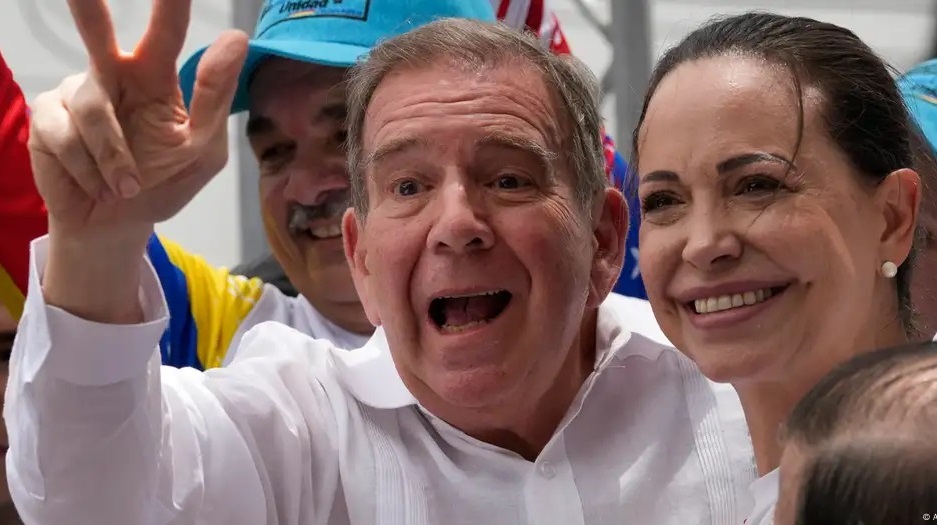
Following the news, Venezuela’s largest opposition coalition, the Democratic Unitary Platform (PUD), reiterated its commitment to the “freedom” of the South American country. “We celebrate in unity the Nobel Peace Prize awarded to María Corina Machado. The first Venezuelan woman to win this prestigious award, which elevates her commitment to freedom, democracy, justice, and peace for Venezuela before the eyes of the entire world. A struggle we share and one we will not renounce until these objectives are met,” the PUD expressed on the social network X.
Voices For and Against in North America
It wasn’t all applause in North America. Steven Cheung, advisor to US President Donald Trump and White House Communications Director, accused the Norwegian Nobel Committee of putting “politics before peace” by not awarding the prize to the US president. “President Trump will continue to make peace deals, end wars, and save lives. He has the heart of a humanitarian, and there will never be anyone like him who can move mountains with sheer force of will,” Cheung added.
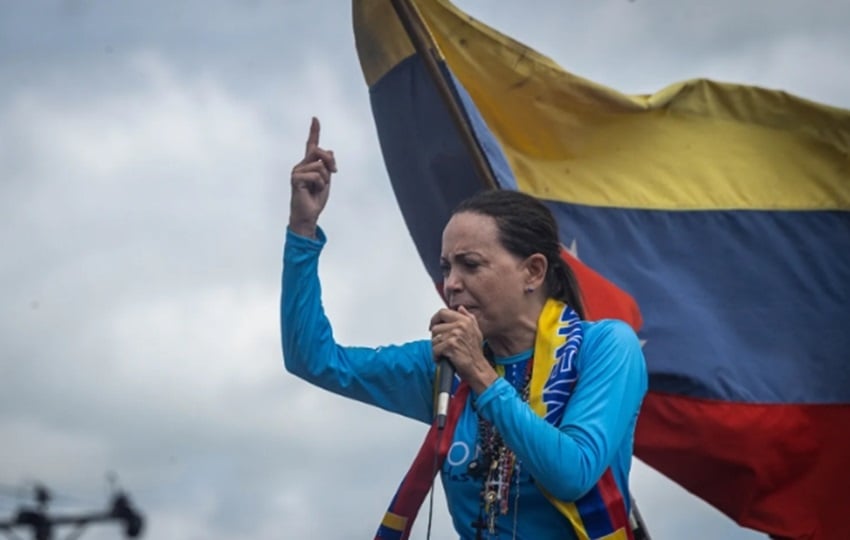
However, shortly afterward, Trump claimed that Machado was “very kind” to call him and tell him that she accepted the award in his honor. “You really deserved it,” the Venezuelan opposition leader told him, according to the president. UN Secretary-General António Guterres did, however, call the Venezuelan “a voice of unity in her country.” Former US President Barack Obama, Nobel Peace Prize winner in 2009, echoed this sentiment. He recalled that Machado “should inspire those who struggle in a similar way around the world” and remind Americans of their “solemn responsibility to constantly preserve and defend” democracy.
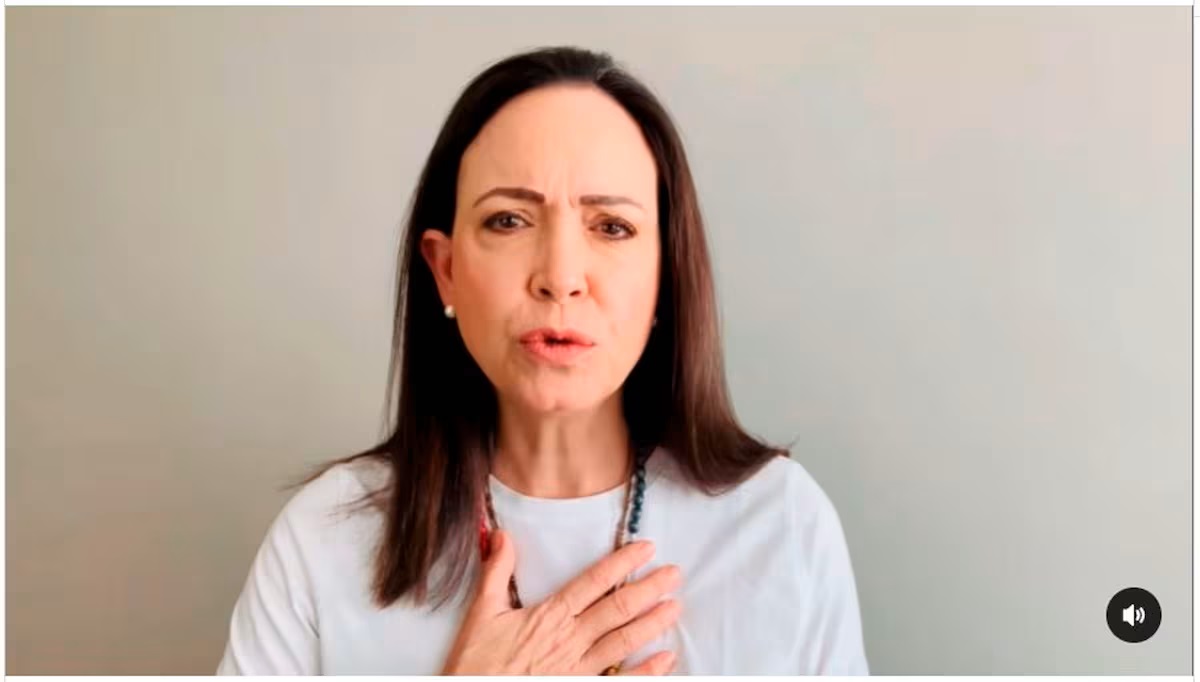
South America highlights the fight for democracy One of the first to speak out this Friday was Colombian President Gustavo Petro, who said he hoped Machado “will help his country achieve dialogue to maintain peace.” Former Colombian presidents Juan Manuel Santos, Iván Duque, and Álvaro Uribe also joined in the congratulations. “It is a great recognition of his courage and perseverance in his fight for freedom and peace in Venezuela,” said Santos (2010-2018), winner of the 2016 Nobel Prize for signing the peace agreement with the FARC guerrillas. Uribe (2002-2010), who has supported the Venezuelan opposition’s struggle, euphorically celebrated the news of the Nobel Prize: “Long live María Corina, long live democracy, long live Venezuela, long live Colombia.”
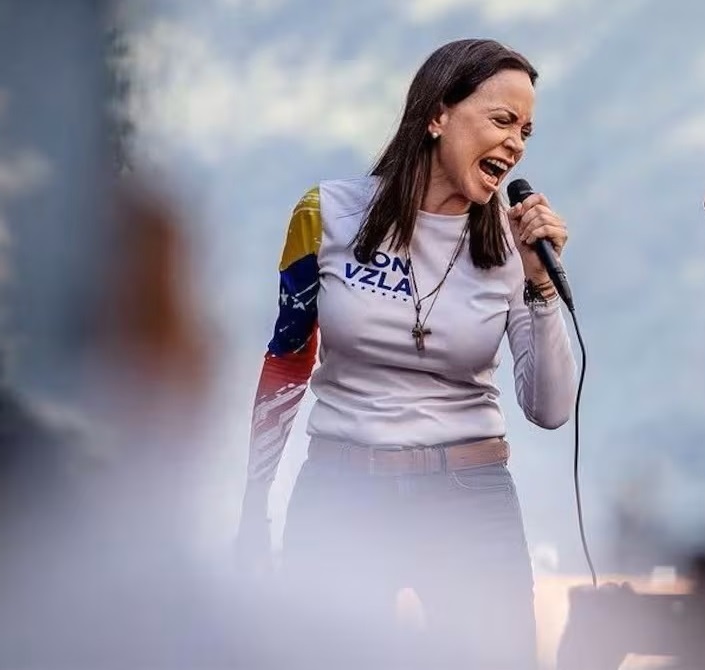
From Argentina, President Javier Milei highlighted Machado’s fight against the “narco-dictatorship of Venezuela,” referring to the Maduro government. For his part, Ecuadorian President Daniel Noboa emphasized that, with the Nobel Peace Prize awarded to the Venezuelan, “brave voices rise above the noise.” Also in Paraguay, President Santiago Peña considered the award a sign of support for the “daily struggle for democracy,” while Luis Lacalle Pou from Uruguay asserted that the prize goes to Machado and “the entire Venezuelan people for their tireless struggle against the dictatorship.” Others who celebrated were the two Bolivian presidential candidates, who will face off in the runoff on October 19: centrist Rodrigo Paz said he received the news of the award with “deep emotion and hope,” while right-wing former president Jorge Tuto Quiroga called Machado a “heroine” and recalled that “the greatest prize” will come when “Venezuela is free.” Meanwhile, former Bolivian President Jeanine Áñez said it was “great news,” which she received “with tears of joy.”
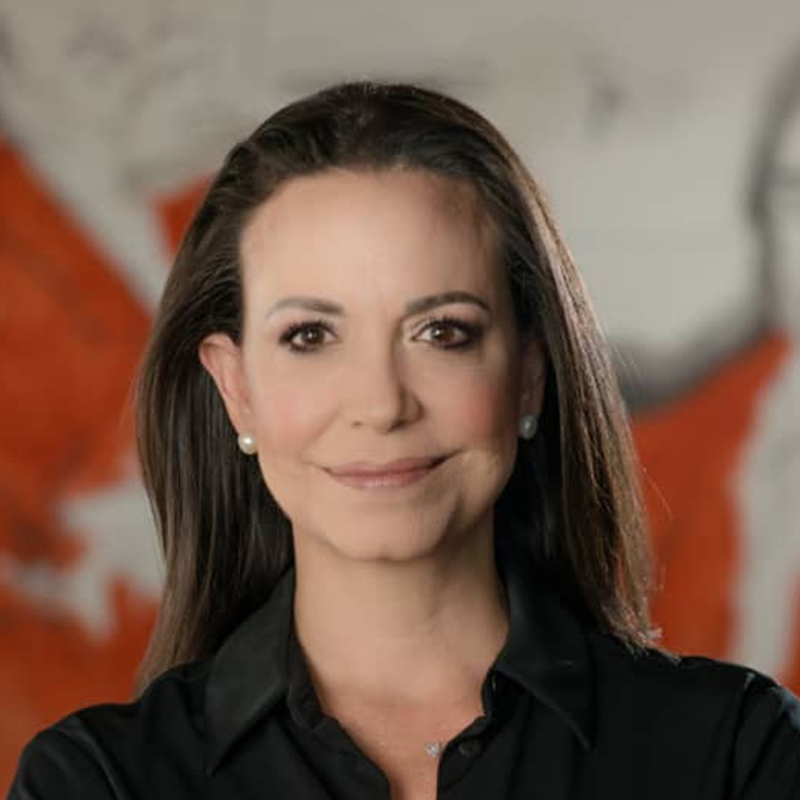
Central American leaders praised María Corina Machado’s efforts to defend justice in the Caribbean country. Thus, the Costa Rican Ministry of Foreign Affairs considered that “this award represents a significant step on the path to restoring democracy in Venezuela and an inspiration to all those who yearn for fair, transparent governments that respect the rights of their citizens.” Likewise, Guatemalan President Bernardo Arévalo said the award is a tribute to the “personal struggle, courage, and determination in the defense of democracy and human rights in Venezuela.” The Panamanian government hailed the event as a “great triumph,” according to President José Raúl Mulino, while his Dominican counterpart, Luis Abinader, said it was “recognition of more than 30 years of selfless struggle for democracy and human rights.” In contrast, Cuban President Miguel Díaz-Canel called what happened “shameful” and criticized the “politicization” of the Norwegian committee for these awards for awarding the Nobel Peace Prize to María Corina Machado.



